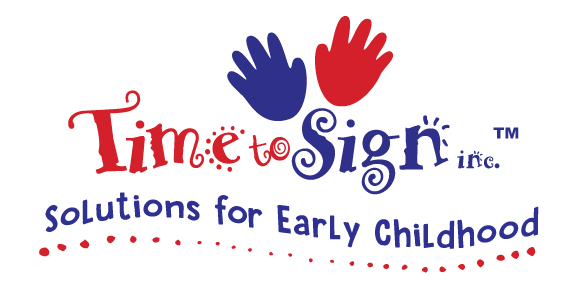MOTIVATING AND UNDERSTANDING YOUNG CHILDRENS COMMUNICATION LANGUAGES
Motivating and Understanding Young Children's Communication Language and Using Our 4 Brains & Communication Language
Program can be for either for parents or early childhood educators and specialists.
Motivating and Understanding Young Children's Communication Language
Innovative and enriching workshop for educators/parents to learn how to enhance learning and help children by understanding their brain’s emotional inter-workings, how this impacts children’s behavior, and what we can do to help our children to have a better day – everyday! Our children’s early years are spent in their emotional brain where it is harder to self-regulate, retain information, and grow behaviorally and academically.
During this workshop participants will learn how to use sign language and other techniques to bring our children out of their emotional brain into their logical brain, in time producing better self-regulation skills. Participants will learn fun and revolutionary practices on how to connect with children using their communication languages.
This workshop will provide attendees with quick and easy to implement strategies that will keep children in their logical brain; walking participants through a family/child-focused childcare environment from greeting to goodbye.
Using Our 4 Brains & Communication Language
Emotional & Logical Brain Development
- Our Emotional & Creative Brain - This is the area of the brain that recognizes facial, emotional, musical, color, pictorial, intuition, and creative expressions. Research indicates that our young children spend almost 60% of their time in the Emotional Brain.
- Our Logical Brain is located within the left hemisphere. This is the area of the brain that recognizes spoken language, logic, critical thinking, analytical thinking, numbers, and reasoning. Research indicates that our young children spend only about 25% of their time in the logical area.
- Our Heart Brain in many cultures is considered the source of emotions, passion, and wisdom. It is believed that people feel they experience the sensation of love and other emotional states in the area of the heart.
- Our Gut Brain is commonly referred to as our “second brain” and it influences both our behavior and well-being. The Gut Brain is a mass of neural tissue, filled with important neurotransmitters that directly connect our Gut Brain to our Emotional Brain.






PO Box 33831
Indialantic, FL 32903
Call Us: (321) 726-9466